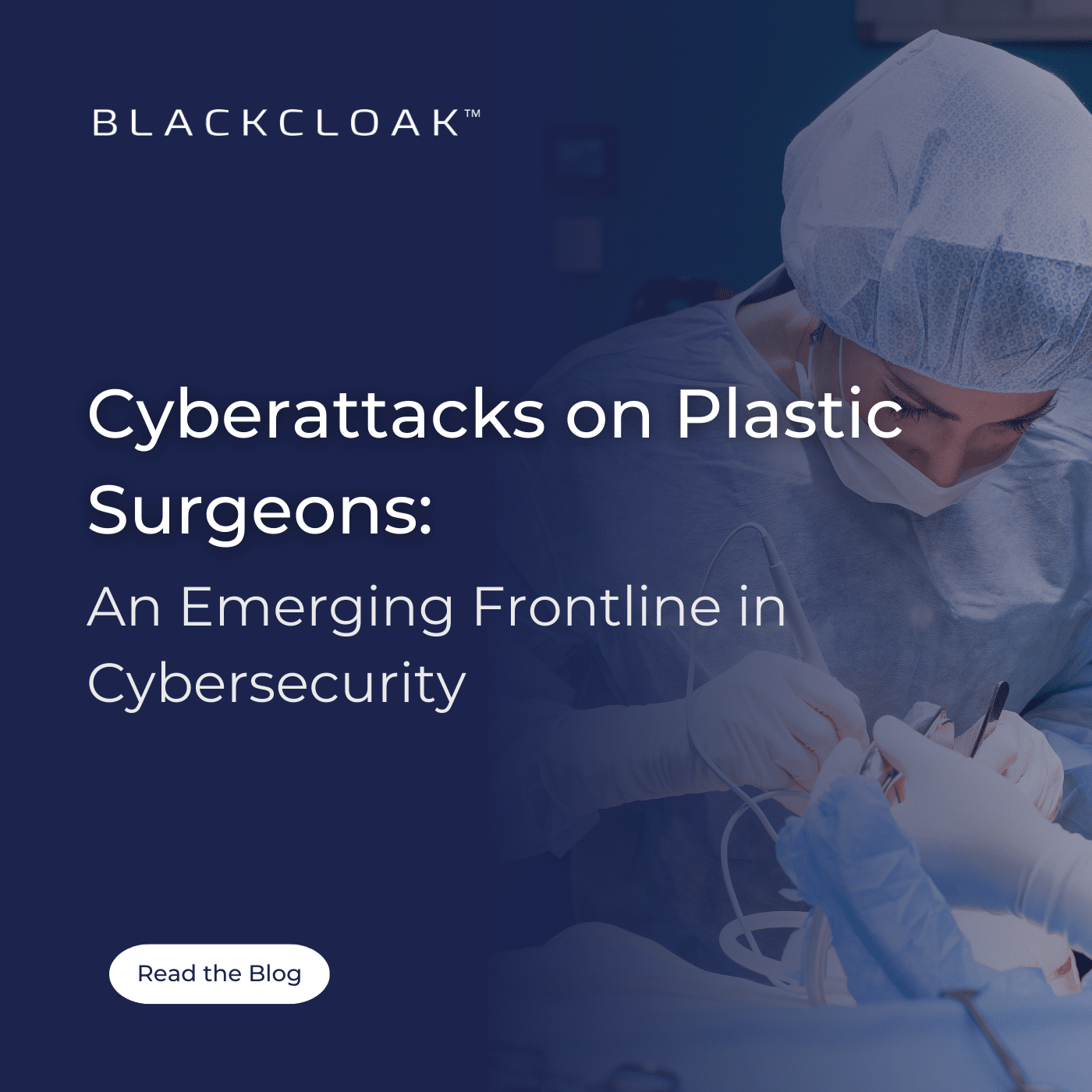Cyberattacks on Plastic Surgeons: An Emerging Frontline in Cybersecurity

In the Crosshairs: Plastic Surgeons and the Rising Tide of Ransomware Attacks
There’s a new, alarming cybersecurity trend emerging. Plastic surgeons and plastic surgery centers are increasingly falling prey to malicious cyber-attacks. Specifically, the incidence of ransomware attacks has escalated dramatically. These healthcare professionals, who handle high-profile clients and deeply personal patient information, are being targeted both personally and professionally, leading to potentially catastrophic outcomes.
The High-Profile Target: Why Plastic Surgeons?
Ransomware attacks are an insidious form of cybercrime where malicious software infiltrates a computer system, encrypts its data, and then demands a ransom to decrypt it. The choice to target plastic surgeons isn’t random. It’s a carefully calculated decision based on their unique vulnerabilities and the high stakes involved.
Plastic surgeons cater to clientele who have a legal right to discretion and privacy. The release of personal information, including before-and-after photos, could be devastating to these individuals.
Secondly, the sensitive nature of the information held by these surgeons makes them particularly appealing targets. Personal images related to cosmetic procedures are not just medical records; they are intimate details of individuals’ lives, carrying emotional significance and potential for embarrassment or reputational harm. This makes the potential leverage for extortion far greater.
Personal and Professional Fronts Under Attack
Sadly, this wave of ransomware attacks doesn’t stop at the professional life of plastic surgeons. Criminals have been found to launch personal attacks as well, infiltrating personal emails, social media, and even financial accounts. This dual-pronged assault amplifies the pressure on the victims, making them more likely to pay the ransom in hopes of regaining control and privacy.
Mitigating the Risk
In response to this alarming trend, cybersecurity measures must be at the forefront of any plastic surgery practice. Enhanced encryption, multi-factor authentication, regular backups, and staff training on cyber risk awareness are vital. Collaborating with cybersecurity experts to create robust defense systems is crucial to protect patient data, the professional standing of surgeons, and their personal lives.
The Call to Action
This growing cyber threat against plastic surgeons is more than just an IT issue. It’s a question of patient trust, professional reputations, and personal privacy. BlackCloak is one solution for building a more secure digital environment for physicians and ensuring that patient care remains the focus, not ransomware threats.








